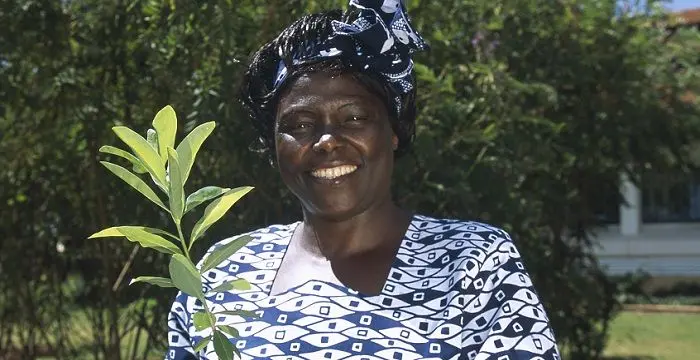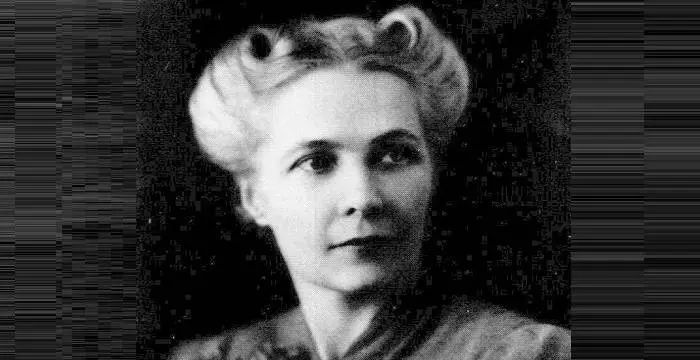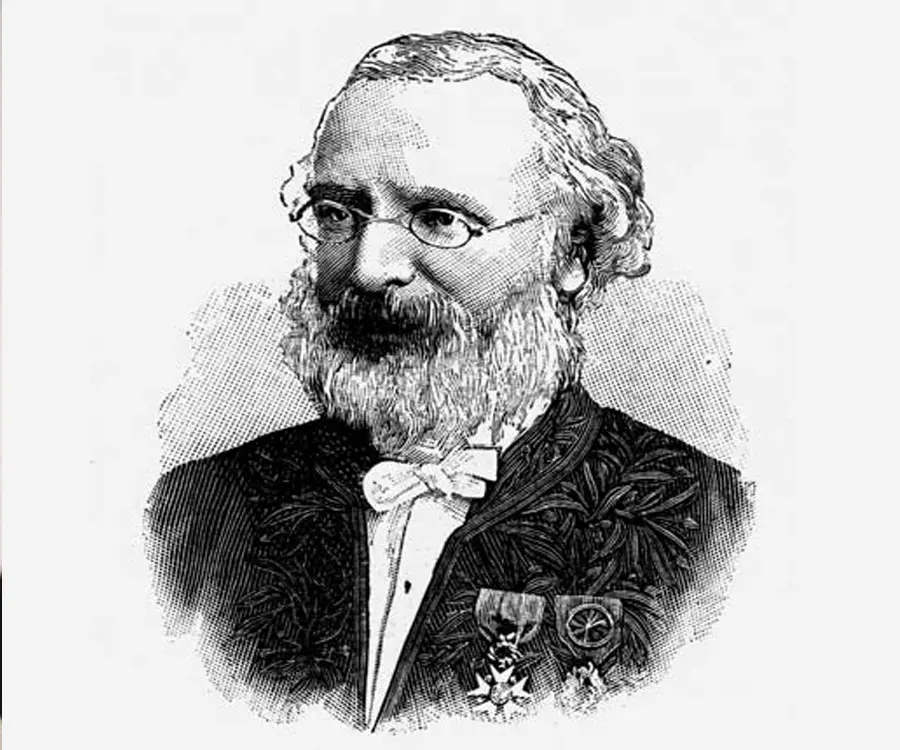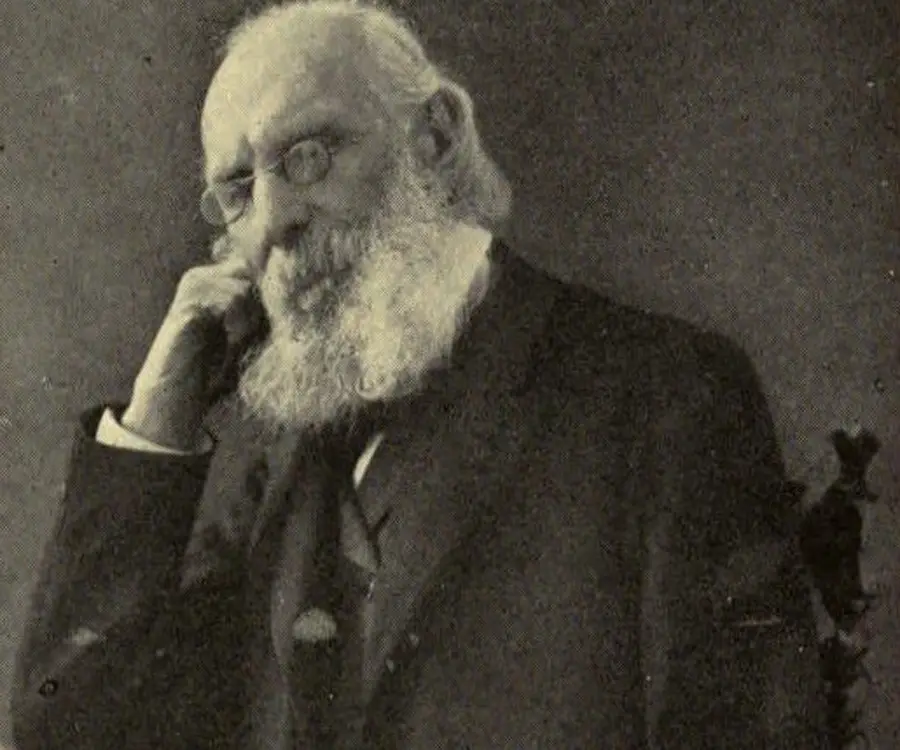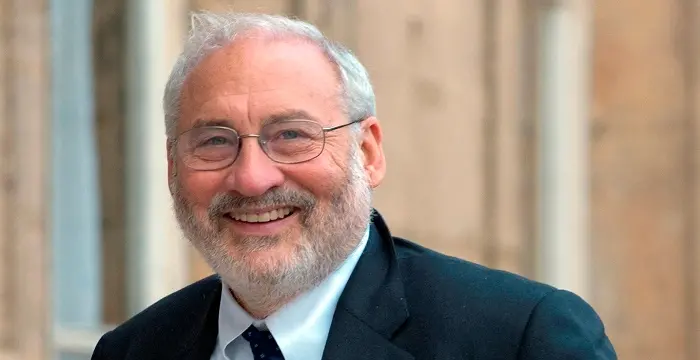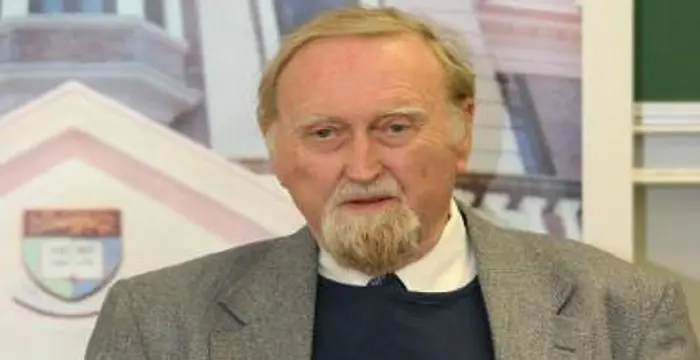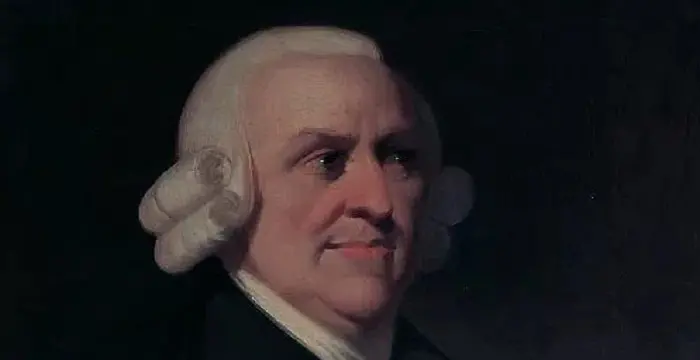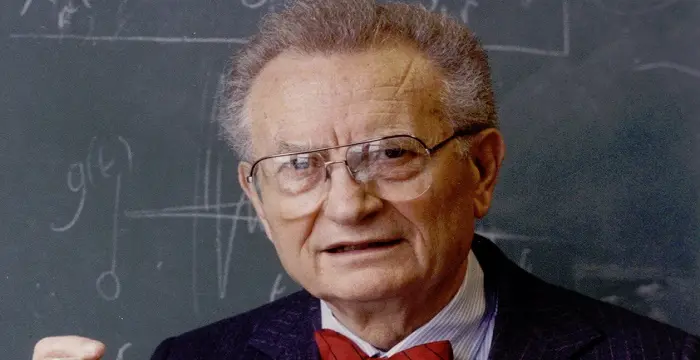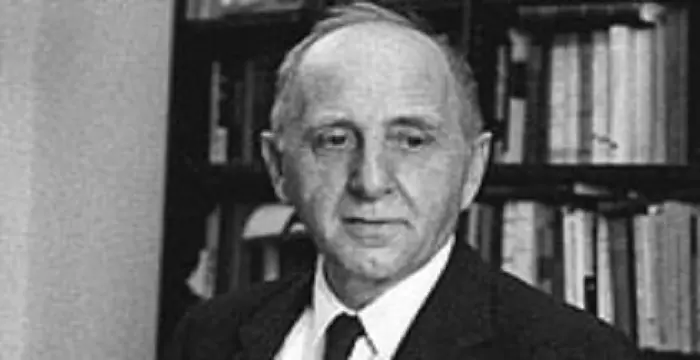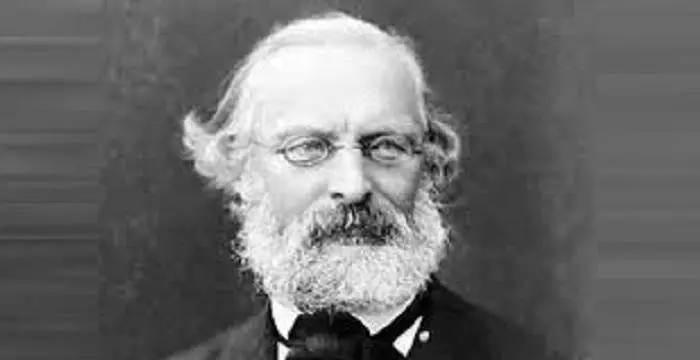
Frédéric Passy - Economists, Career and Facts
Frédéric Passy's Personal Details
Frederic Passy was an economist and a peace activist who received the first Nobel Peace Prize along with Henri Durant
| Information | Detail |
|---|---|
| Birthday | May 20, 1822 |
| Died on | June 12, 1912 |
| Nationality | French |
| Famous | Peace Activists, Intellectuals & Academics, Economists, Economists, Nobel Peace Prize Winner |
| Founder / Co-Founder |
|
| Birth Place | Paris |
| Gender | Male |
| Sun Sign | Taurus |
| Born in | Paris |
| Famous as | Economist & Nobel Peace Prize Winner |
| Died at Age | 90 |
// Famous Nobel Peace Prize Winner
Wangari Maathai
Wangari Maathai was an environmentalist who won the prestigious Nobel Peace Prize Award. Go through this biography to explore details about her life, childhood, and timeline.
Randal Cremer
Sir William Randal Cremer was an English pacifist who was awarded the Nobel Peace Prize in 1903. This biography profiles his childhood, life, career, works, achievements and timeline.
Alva Myrdal
Alva Myrdal was a Swedish politician, diplomat and sociologist, best remembered as the winner of 1982 Nobel Prize for Peace. This biography of Alva Myrdal provides detailed information about her childhood, life, achievements, works & timeline.
Frédéric Passy's photo
Who is Frédéric Passy?
Frederic Passy was an economist and a peace activist who received the first Nobel Peace Prize along with Henri Durant, the founder of the Red Cross. Passy mooted the idea that nations would stop fighting if they engaged in free trade. He came from a family of civil servants who had been members of various governments in France. He was inspired by the work of his elders and also joined politics in order to promote his own ideas about peace and harmony through free trade. He was a devout follower of the greatest economists of those times such as Richard Cobden and believed that when nations became partners in some joint enterprise, there would be less chance of a fight cropping up between them. Being partners, the countries would settle their disputes amicably over the negotiating table without taking up arms against each other. He toured the whole of France, lecturing in various cities and universities and wrote and spoke profusely on the subject.
// Famous Economists
Joseph E. Stiglitz
Joseph E. Stiglitz is a Nobel Prize winning American economist. Check out this biography to know about his childhood, family life, achievements and other facts related to his life.
Sir Clive William John Granger
Clive. W.J. Granger is a Nobel Prize winning economist and a trendsetter in economic science. With this biography, explore all about Clive Granger’s profile and life.
Adam Smith
Adam Smith was a Scottish Philosopher and Political Economist. Read this biography to learn more about his childhood, profile, life and timeline.
Childhood & Early Life
Frederic Passy was born in Paris, France, on May 20, 1822 to Felix Passy who was a veteran of the Battle of Waterloo. His mother was Marie-Louis-Pauline Salleron.
His uncle Hippolyte Passy was a politician who rose to be a cabinet minister in the governments under Louis Phillippe and also under Louis Napoleon.
In his initial days he studied to become a lawyer and practiced law for a few years before joining politics.
Career
Frederic Passy joined the State Council as an accountant and worked for the department from 1846 until 1849.
He withdrew from politics after Louis Napoleon’s coup d'état and became a professional economist in 1857, and began to teach political economy in Paris and the provinces in 1860.
His work on bringing international peace started with the Crimean war which took place between 1853 to1856. •
His essays and lectures which came out in 1857 made him famous throughout the country.
He pleaded for peace to avert the war between France and Prussia over Luxembourg through the periodical ‘Le Temps’ in 1867.
He founded the ‘International and Permanent League of Peace’ or the ‘Ligue Internationale et permanente de la paix’ in 1868 which was devoted to prevent future wars between countries and became its permanent secretary. This league was disbanded after the Franco-Prussian war, which took place in 1870 to 1871
He joined the ‘Academie des sciences morales et politiques’ in 1877 as a member. The academy was a part of the ‘Institut de France’.
For 70 years of his life, Passy continued in the post of President of the ‘Society of Political Economy’.
He became an elected member of the ‘Chamber of Deputies’ in the government in 1881 and 1885 but was defeated in 1889.
Passy was a leftist republican in the Chamber of deputies and formed the first ‘French Peace Society’ whose first congress was held during the World exhibition in 1878.
He reorganized the disbanded league under the name ‘Societe francaise des amis de la paix’ which later became the ‘Societe francaise pour l’arbitrage entre nations’ or the ‘French Society for International Arbitration’ in 1889.
After getting elected to the ‘Chamber of Deputies’ in 1881 he was successful in brokering a peace between Netherlands and France over the border concerning French Guiana and Surinam.
In 1888 he helped to form the ‘Inter-Parliamentary Union’ and became one of the presidents. The union consisted of countries such as the United States, France, Belgium, Hungary, Italy, Denmark and Spain.
In 1888 he was able to bring the French deputies and the British parliamentarians to a meeting where the main topic of discussion was international arbitration in organized manner.
He taught political economy at different colleges from 1881 to 1902 and wrote many books and articles. His great voice, gestures and noble appearance could easily convince his listeners.
Major Works
The essays titled ‘Melanges economics’ was the first of his many essays to bring Frederic Passy into the limelight of political economics.
He published an essay titled ‘Pour la paix’ in 1909 which is a chronicle of all the peace and arbitration organizations that he had been associated with during his lifetime.
Awards & Achievements
Frederic Passy was honored with the ‘Legion of Honor’ in 1877.
In 1901 he was awarded the first Nobel Peace Prize jointly with Jean Henri Dunant who was the founder of the International Red Cross Society.
Personal Life & Legacy
Frederic Passy died at the age of 90 in Neuilly-sur-Seine, France on June 12, 1912.
He is regarded as the ‘Dean’ of the movement for international peace and arbitration in all kinds of conflicts and disputes.
Humanitarian Work
Frederic Passy spent his whole life bringing about peace to countries that were either on the verge of a war or were already engaged in a conflict. He tried to bring the warring sides to the negotiating table to prevent hostilities.
Trivia
When the conflict between Norway and Sweden peaked in 1905, Passy declared that a peaceful solution would be more satisfying than the satisfaction of receiving the Nobel Peace Prize.
// Famous Economists
Bertil Gotthard Ohlin
Bertil Gotthard Ohlin was a famous Swedish economist. This biography profiles his childhood, family life & achievements.
Emily Greene Balch
Emily Greene Balch was an American economist, sociologist and pacifist who won the 1946 Nobel Peace Prize. This biography of Emily Greene Balch provides detailed information about her childhood, life, achievements, works & timeline.
Paul Samuelson
Nobel laureate Paul Anthony Samuelson is referred to as the ‘Father of Modern Economics’. This biography profiles his childhood, life, career, achievements and interesting facts about him.
Frédéric Passy biography timelines
- // 20th May 1822Frederic Passy was born in Paris, France, on May 20, 1822 to Felix Passy who was a veteran of the Battle of Waterloo. His mother was Marie-Louis-Pauline Salleron.
- // 1846 To 1849Frederic Passy joined the State Council as an accountant and worked for the department from 1846 until 1849.
- // 1853 To 1856His work on bringing international peace started with the Crimean war which took place between 1853 to1856. •
- // 1857 To 1860He withdrew from politics after Louis Napoleon’s coup d'état and became a professional economist in 1857, and began to teach political economy in Paris and the provinces in 1860.
- // 1857His essays and lectures which came out in 1857 made him famous throughout the country.
- // 1867He pleaded for peace to avert the war between France and Prussia over Luxembourg through the periodical ‘Le Temps’ in 1867.
- // 1877He joined the ‘Academie des sciences morales et politiques’ in 1877 as a member. The academy was a part of the ‘Institut de France’.
- // 1877Frederic Passy was honored with the ‘Legion of Honor’ in 1877.
- // 1878Passy was a leftist republican in the Chamber of deputies and formed the first ‘French Peace Society’ whose first congress was held during the World exhibition in 1878.
- // 1881After getting elected to the ‘Chamber of Deputies’ in 1881 he was successful in brokering a peace between Netherlands and France over the border concerning French Guiana and Surinam.
- // 1881 To 1902He taught political economy at different colleges from 1881 to 1902 and wrote many books and articles. His great voice, gestures and noble appearance could easily convince his listeners.
- // 1888In 1888 he helped to form the ‘Inter-Parliamentary Union’ and became one of the presidents. The union consisted of countries such as the United States, France, Belgium, Hungary, Italy, Denmark and Spain.
- // 1888In 1888 he was able to bring the French deputies and the British parliamentarians to a meeting where the main topic of discussion was international arbitration in organized manner.
- // 1889He reorganized the disbanded league under the name ‘Societe francaise des amis de la paix’ which later became the ‘Societe francaise pour l’arbitrage entre nations’ or the ‘French Society for International Arbitration’ in 1889.
- // 1901In 1901 he was awarded the first Nobel Peace Prize jointly with Jean Henri Dunant who was the founder of the International Red Cross Society.
- // 1905When the conflict between Norway and Sweden peaked in 1905, Passy declared that a peaceful solution would be more satisfying than the satisfaction of receiving the Nobel Peace Prize.
- // 1909He published an essay titled ‘Pour la paix’ in 1909 which is a chronicle of all the peace and arbitration organizations that he had been associated with during his lifetime.
- // 12th Jun 1912Frederic Passy died at the age of 90 in Neuilly-sur-Seine, France on June 12, 1912.
// Famous Intellectuals & Academics
Bertil Gotthard Ohlin
Bertil Gotthard Ohlin was a famous Swedish economist. This biography profiles his childhood, family life & achievements.
Emily Greene Balch
Emily Greene Balch was an American economist, sociologist and pacifist who won the 1946 Nobel Peace Prize. This biography of Emily Greene Balch provides detailed information about her childhood, life, achievements, works & timeline.
Martin Buber
One of the greatest philosophers to have ever walked on earth, Martin Buber contributions to philosophy is a long-standing one. Explore all about his profile, childhood, life and timeline here.
Paul Samuelson
Nobel laureate Paul Anthony Samuelson is referred to as the ‘Father of Modern Economics’. This biography profiles his childhood, life, career, achievements and interesting facts about him.
Lao Tzu (Laozi)
Lao Tzu was a legendary Chinese philosopher who wrote the important “Daodejing”. This biography profiles his childhood, life, career, achievements and timeline.
Simon Kuznets
Simon Kuznets was a noted Russian-American economist, statistician, demographer, and economic historian. Check out this biography to know about his childhood, family life, achievements and other facts related to his life.
Frédéric Passy's FAQ
What is Frédéric Passy birthday?
Frédéric Passy was born at 1822-05-20
When was Frédéric Passy died?
Frédéric Passy was died at 1912-06-12
Where was Frédéric Passy died?
Frédéric Passy was died in Neuilly-sur-Seine
Which age was Frédéric Passy died?
Frédéric Passy was died at age 90
Where is Frédéric Passy's birth place?
Frédéric Passy was born in Paris
What is Frédéric Passy nationalities?
Frédéric Passy's nationalities is French
Which company or organization was founded by Frédéric Passy?
Frédéric Passy was the founder/co-founder of Inter-Parliamentary Union, Ligue internationale de la paix
What is Frédéric Passy's sun sign?
Frédéric Passy is Taurus
How famous is Frédéric Passy?
Frédéric Passy is famouse as Economist & Nobel Peace Prize Winner
